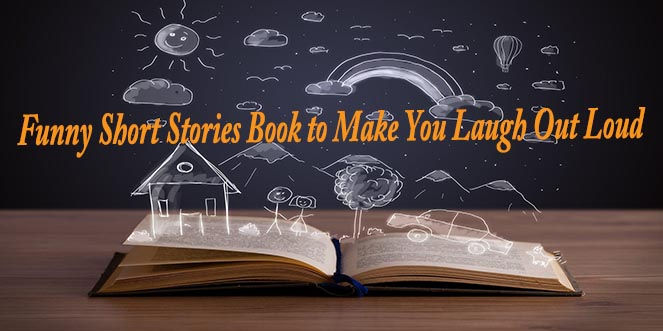What Is a Psychological Thriller Novel? Key Elements Explained
- Roman Austin
- Jun 2, 2025
- 3 min read

A psychological thriller novel is a suspenseful fiction genre that focuses on the mental and emotional states of characters, often involving psychological conflict, manipulation, or unreliable narration.
Psychological thrillers engage readers with emotional intensity, deep character development, and mind-bending tension. Unlike action thrillers that rely on external threats, these stories explore the inner workings of the human mind—challenging perceptions of reality and trust.
If you're looking for a fresh take on the genre, check out Half Quasi by Kim McGill—a gripping psychological thriller available now at To Be Expressed.
What Is a Psychological Thriller?
A psychological thriller is a fiction genre centered around characters’ mental and emotional states. These stories often feature unreliable narrators, manipulation, or themes of mental health. Unlike crime or action thrillers, the suspense here comes from psychological conflict rather than physical danger. It’s all about what’s happening inside the character rather than outside.
Key Elements of Psychological Thrillers
Unreliable, Complex Characters
These protagonists often wrestle with emotional instability or trauma. They’re morally ambiguous or unreliable, keeping readers guessing about what’s real.
Suspense Through Perception
Tension builds not just around events but around what characters think might happen. The story thrives on uncertainty and doubt.
Mind Games and Manipulation
Characters manipulate and deceive, weaving plots full of twists that challenge readers to separate fact from fiction.
Mental Health Themes
Topics like anxiety, trauma, or dissociation often surface—sometimes subtly, sometimes explicitly—adding depth and realism.
Dark, Claustrophobic Settings
The setting plays a big role in the mood. A confined apartment or remote house can heighten the sense of isolation and dread.
Innovative Narratives
Non-linear timelines, fragmented storytelling, and unreliable narration reflect the protagonist’s fractured psyche and create a gripping experience.
Common Tropes and Themes
Psychological thrillers often explore:
Obsession and paranoia
Identity and memory loss
Moral ambiguity
Reality vs. illusion
Trust and betrayal
These themes add layers to the narrative and keep readers second-guessing everything.
How Psychological Thrillers Differ from Other Genres
Where crime thrillers focus on solving a case and horror may introduce supernatural fear, psychological thrillers deal with internal battles and emotional tension. They’re less about what happens and more about how it affects the mind.
Popular Psychological Thrillers
Some standout examples include:
Gone Girl by Gillian Flynn – Masterful use of unreliable narration and shifting perspectives.
The Girl on the Train by Paula Hawkins – Explores addiction, memory, and perception.
Before I Go to Sleep by S.J. Watson – A gripping take on amnesia and trust.
The Talented Mr. Ripley by Patricia Highsmith – A deep dive into obsession and moral decay.
These novels showcase the genre’s signature mix of psychological tension and emotional depth.
Why Readers Love This Genre
Psychological thrillers engage both the mind and emotions. Readers love them because they:
Invite you to solve puzzles and interpret clues
Explore the darker corners of human psychology
Deliver suspense that feels personal and real
These stories often stay with you long after you’ve finished reading.
Tips for Writing a Psychological Thriller
If you’re thinking of writing one, here are a few tips:
Create layered characters with strong motives and complex backstories.
Build suspense slowly—don’t give everything away too soon.
Use subtext to let readers read between the lines.
Leave room for ambiguity—open-ended conclusions can heighten psychological impact.
Final Thoughts: Unlocking the Mind Through Fiction
What makes psychological thrillers unforgettable is their ability to explore the most intimate fears and hidden motives within the human psyche. These stories don’t just entertain—they linger, challenging how we think and what we believe about ourselves and others.
For a fresh take on the genre, Half Quasi by Kim McGill delivers a tense, cerebral experience that keeps readers questioning every motive and memory. You can find it exclusively at ToBeExpressed.com.
Frequently Asked Questions
What’s the difference between a psychological thriller and psychological horror?
Thrillers focus on internal conflict and mental tension, while horror leans into fear, often with supernatural or grotesque elements.
Are psychological thrillers always dark and intense?
Not always. While many explore serious themes, some lean more into introspection than darkness.
Can psychological thrillers blend with other genres?
Yes. They often blend with mystery, crime, or romance to create multi-layered narratives.




Comments